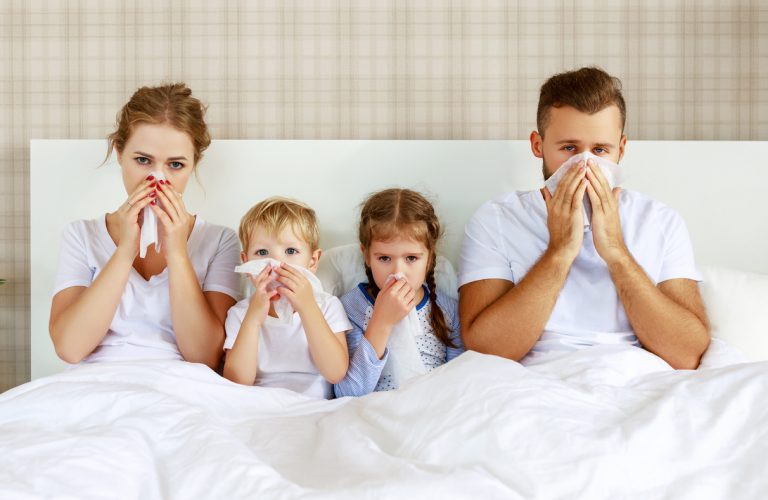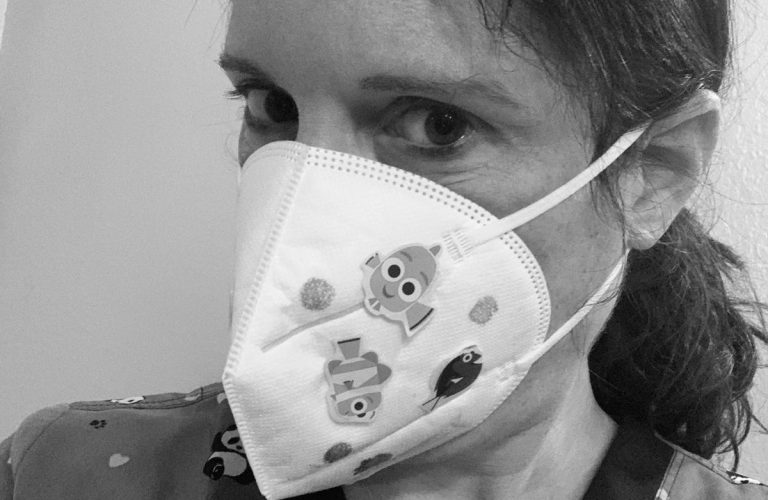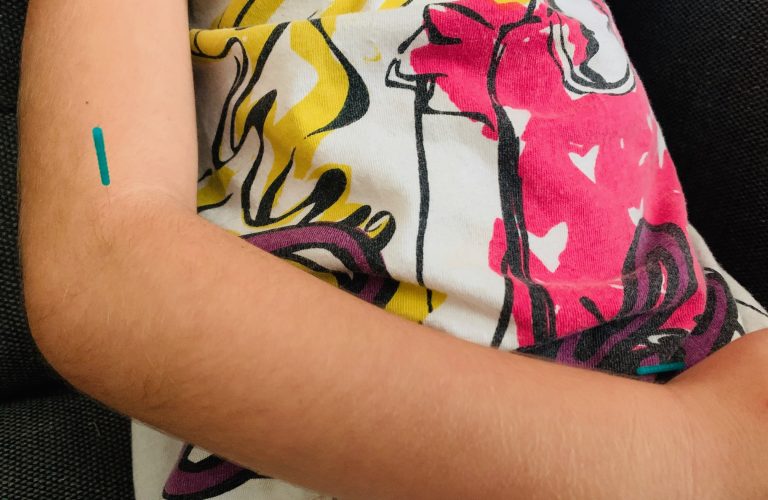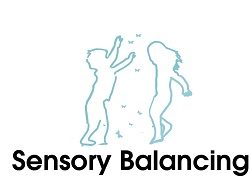Every time there are fires going on I get a surge in new patients or existing patients who are complaining about new symptoms that appeared out of nowhere. Most of the times it’s about headaches, especially around the forehead or above the cheeks, difficulties falling asleep or reduced quality of sleep, watery/itchy eyes, fatigue, sneezing, Sinusitis, and more. This is the time of the year my clinic turns from 90% pediatrics 10% adults to about 50%-50% as so many of the parents seem to suffer from these sensitivities as well

What are some Allergens that cause these symptoms?
The most common allergens I diagnose for patients who come in suffering symptoms caused by the fires are dust, carbon, and chemicals, with dust always being the very first suspect. For some people the fire season come in combination with their other seasonal allergies which makes their immune system weaker and therefore more prone to suffer from the allergens spread by the fires.
What can you do about it?
The first thing we all do when the air quality becomes bad is avoid unnecessary outdoor time. But what can we do when the air quality allows us to resume activities while the allergens are still there and causing you to suffer from symptoms that you do not normally suffer from
Air Purifier
Every year around fire season there is a rise in people purchasing air purifiers, so if you haven’t done so before you might want to consider one (or more), especially if you are experiencing any symptoms related to sensitivity to allergens related to the fires but also for seasonal allergies and dust mites. Now is probably also a good time to makes sure the air filters were replaced.
N95 Masks
This time around almost everyone is familiar with the N95 masks which are considered effective for dealing with wildfire smoke as it can filter out 95% of the particles.

Acupuncture
Research has shows that Acupuncture is an effective form of treatment of dust allergies and could sometimes replace the need for over-the-counter medications. Specific techniques such as Sensory Balancing could help “teach” your “computer” (brain) to not recognize these allergens as “bullies” and therefore reduce and even eliminate the symptoms. For an example of research done in this field read Here

Herbs
Herbs can be used to to strengthen the immune system however you should consult your health care provider before taking herbs or supplements. Some of the herbs I prescribe more often for patients suffering from seasonal or dust allergies are:
Nettle Leaf – an herb rich in nutrients which some researchers believe can bring relief in symptoms such as running nose, wheezing and sneezing. I only prescribe it in cases when it is relevant and that there are no contraindications or drug interactions. Please consult your caregiver before trying.
Astragalus – an herb used commonly in Chinese Medicine to give the immune system a “boost”. I prescribe it when it is relevant to help in cases of such allergies and only when it is not contraindicated. Please consult your caregiver before trying.
Drink lots of water
Keeping proper hydration is always very important but during the fires when you want to flush out trapped particles from your system you should increase your water intake.
Netti Pot
Netti Pot allows you to perform a natural nasal rinse to help remove foreign substances such as dust or pollen before they get the chance to travel to your lungs. Many people report that rinsing with a Neti Pot reduces their congestion and improves symptoms such as coughing and sneezing.
Wondering if you or your child is suffering from sensitivities to dust, carbon or chemicals? Send me an email to discuss further
Disclaimer: Information and statements made here are for education purposes and are not intended to replace the advice of your doctor. The views and advice expressed in this blog are not intended to be a substitute for conventional medical service. If you have a severe medical condition or health concern, see your physician.
